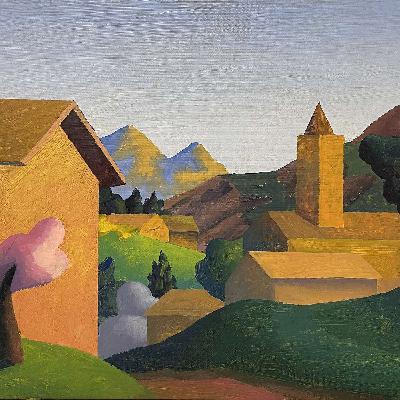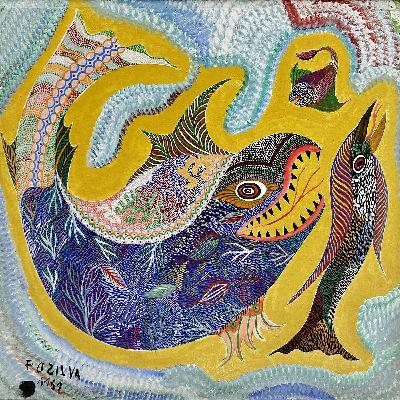Sheila Hicks: The Universal Language of Textiles
Description
The boundaries between fine art and craft have blurred dramatically over recent decades, and few artists embody this shift more powerfully than Sheila Hicks. At 90 years old, this Nebraska-born, Paris-based artist has spent over six decades transforming how we understand textile as an artistic medium.
Stepping into Hicks' world means discovering an artist whose work combines modernist color theory (learned directly from Josef Albers at Yale in the 1950s) with techniques gleaned from indigenous weaving traditions across the globe. Generally speaking, her pieces hang on walls like paintings or sculptural reliefs, with color blocks that shimmer and transform as light plays across their textured surfaces. Some bulge with sculptural dimensionality; others form monumental columns that completely transform architectural spaces. What unites them all is an extraordinary sensitivity to color, material, and form that makes them immediately recognizable as her work.
What's particularly fascinating about Hicks' career is how she's consistently existed in multiple worlds simultaneously. From her earliest exhibitions in the 1960s, she moved fluidly between fine art museums and design contexts, never limiting herself to one category, seeking and finding opportunity in both. This boundary-crossing approach feels remarkably contemporary, yet she pioneered it decades before it became fashionable. Her works now reside in virtually every major museum collection worldwide—from MoMA and the Whitney to the Tate and Centre Pompidou—evidence of her profound influence.
For collectors, Hicks offers a rare opportunity: work by a historically significant artist whose prices (typically €100,000-300,000) remain reasonable compared to many contemporaries with far less impressive credentials. Whether you're drawn to her intimate "minime" pieces or larger tapestry works, collecting Hicks means acquiring something that transcends categories and speaks a truly universal visual language. Discover why museums, critics, and collectors worldwide are celebrating this extraordinary artist whose vision has permanently changed how we see textile in contemporary art.






















